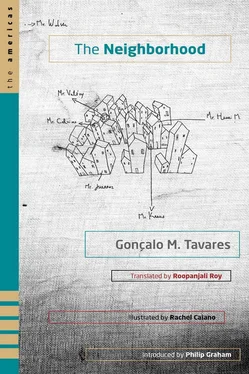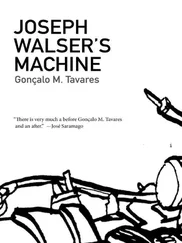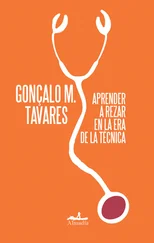And, in order to illustrate what he had just said, Mister Valéry drew a sketch.
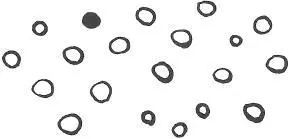
“What we need is to have as many truths as we have lies,” said Mister Valéry. (And he drew)
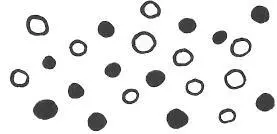
“… or even …” and Mister Valéry could not help but smile ironically, while he drew
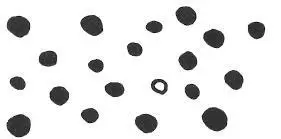
“… or even …” concluded Mister Valéry, “to have a sole hypothesis for a lie.
Mister Valéry returned home so content with the conclusions he had drawn from this session at the courthouse that it was only when he saw that his keys would not fit the lock that he realized he was standing in front of the wrong house.
“Here we are,” murmured Mister Valéry. “If all these houses were mine, with the exception of one, I would probably not have made a mistake. It would really have required a stroke of very bad luck to have erred.”
And with this thought in mind, Mister Valéry, without realizing it, once again found himself in front of the wrong door.
“If at least I were rich,” muttered Mister Valéry, “I wouldn’t worry so much about lies.”
And because he had tried to force his key so often into the wrong lock Mister Valéry ended up breaking it, which caused him a great deal of irritation.
Fortunately, he always carried a second key with him. And so as not to make a mistake again, he concentrated his mind totally on the task at hand, thus forgetting, for a few moments, his cogitations.
And this time the door opened.
The Trick

Mister Valéry always wore black. He explained, “When people see me in black, they think I am in mourning and, out of sympathy, don’t cause me any more grief.”
And further added, “One cannot suffer many things twice over. In fact, some days, that is the only reason why I manage to be happy: my mourning outfit deceives them. And it always feels good to dupe those who are stronger than you,” added Mister Valéry, rather proud of himself, though nobody knew to whom exactly he was referring. However, Mister Valéry insisted, “It’s like a chemical reaction.”
And drew
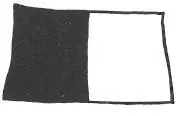
“If on one side everything is dark and on the other side everything is bright, the dark side tends to offer some darkness to the light side, and the light side tends to offer some clarity to the dark side. After some time, one reaches a state of equilibrium.”
(And at this point Mister Valéry drew another sketch.)
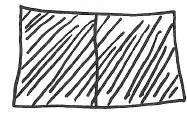
“My trick,” said Mister Valéry, while, completely distracted by his reasoning, he put on a white suit, “my trick,” he said, “is to always be dressed as though in mourning. To attract happiness.”
Three People

Mister Valéry knew only two people. The person that he was, at that precise moment, and the person he had been, in the past.
Mister Valéry used to say, “If I continue to live, I will know a third person.”
And at these moments, Mister Valéry would smile, with his habitually vague and intelligent air about him, while, quite satisfied, he walked, with small steps, toward the “Me” that he would meet the following day.
“The past has one Mister Valéry, the present has me, and the future will have another Mister Valéry. By my calculations I am three people. At the very least. However,” added Mister Valéry, “three people can be one and the same person if they know each other very well.”
And Mister Valéry explained, “If we all ran very fast and the distance was extremely short we could manage to occupy the same space at the same time.”
And he drew
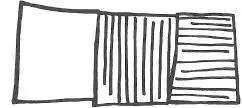
“It is possible to run so fast so as to be in all three zones simultaneously,” said Mister Valéry, pointing at the sketch he had drawn. “To know three people and to be only one sole person with all of them,” muttered Mister Valéry, “deep down inside.”
However, Mister Valéry did not have any serious crises of identity, he only suffered from liver problems during winter.
The Nail

Mister Valéry knew arrogant people and did not like them.
For Mister Valéry, an arrogant person was one who thought himself to be above his job, whether this was waiting tables, writing, or painting pictures.
Mister Valéry explained, “I know people who stroll about in the street as though they were doing the act of strolling a favor. It is dangerous to think we are better than our tasks,” explained Mister Valéry. “If our job was to knock a nail into the wall …” (and he drew)
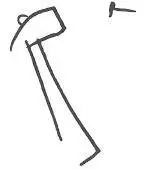
“… and if we think ourselves to be more intelligent than this task, we run the risk of missing the nail, hitting our own finger instead. But we cannot consider ourselves to be less intelligent than the task, as, due to our inhibitions, we again run the risk of missing the nail, and therefore, once again, we would hit our own finger instead. Thus,” concluded Mister Valéry, “I consider myself, in any situation, to be at the same level as the task. I am neither its master nor its servant. Me and my task are entities of equal intelligence that during one precise moment have a common Destiny. And that’s it.”
After this philosophical discourse, Mister Valéry was so happy that he found he was quite out of breath.
The Competition

Mister Valéry did not like competing.
About any kind of competition he would say that every classification was harmful, from first place to the last spot.
And he asked himself, “Why defeat others? Why lose to others? I prefer being vice-last or sub-last,” he said, with his usual irony.
And he explained, “A competition can only be fair if everyone has the same conditions. But, as one well knows, this does not exist. And if everyone were equal, how could one individual finish before another? In any competition, people always finish as they began,” concluded Mister Valéry.
And Mister Valéry further added, “What I would like to see is a hundred-meter race where each track ended at a different point. Imagine four hundred meter tracks like this …” (and he drew)
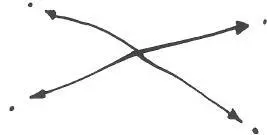
“… in this way,” continued Mister Valéry, “upon finishing the race, each athlete would better understand what awaited him the following day. Even if he were to win he would end the race alone. Which is a small lesson in life.”
Читать дальше
